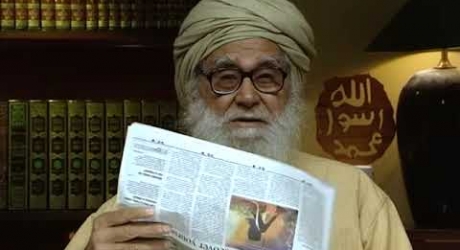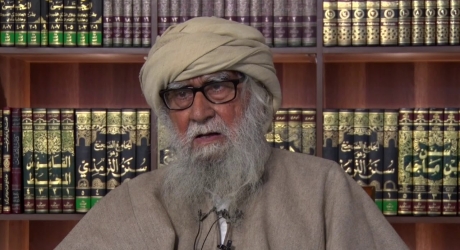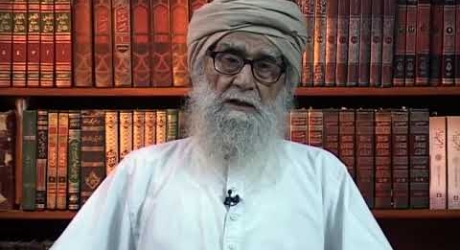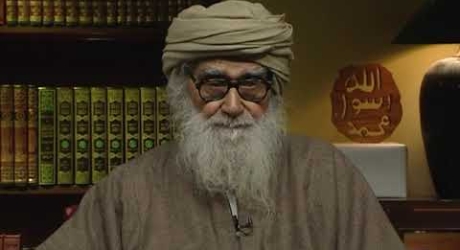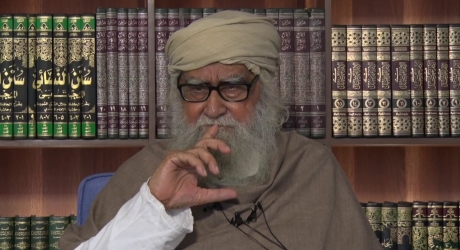Dawah work is the responsibility of every person. It is obligatory on every individual. It is not farz-e-kifayah (a duty to be performed by only a group within the community). Just as offering Namaz is a duty of every individual, doing dawah work is also a duty of every individual.
As far as dawah work is concerned, there is no difference between men and women. Both have to perform dawah work in their respective capacities.
The Quran says: "So fear God as far as you are able." (64:16)
A man or a woman can think for himself or herself about his or her capacity for dawah work. Nobody can tell this to anyone.
Dawah work is the responsibility of every person. It is obligatory on every individual. It is not farz-e-kifayah (a duty to be performed by only a group within the community).
Just as offering Namaz is a duty of every individual, doing dawah work is also a duty of every individual.
Dawah work depends upon the person's capacity.
The Quran says: "God does not charge a soul with more than it can bear." (2:286)
A person's capacity can be known only by himself, not anyone else.
I have coined a phrase: "One man, one mission; or one man, two mission."
A person who devotes his entire life to God's mission is one man, one mission.
Another person is one who cannot dedicate himself fully to God's mission. He gives 50% time to fulfil his life's responsibilities and the rest 50% time he utilizes for dawah.
There is no third way out.
If a person is compelled due to a situation and cannot do dawah work at all, then he must pray.
In this age, dawah work has become very easy. Books contain all the knowledge about Islam. You should keep these books with yourself.
You do not need to be a speaker or writer. It is very easy to do dawah work. You should keep dawah literature with you. There are also many pamphlets and booklets. You can give these out to people depending on the situation.
There is no excuse for anyone in this matter.
A person should either become one man, one mission; or he should become one man, two mission.





